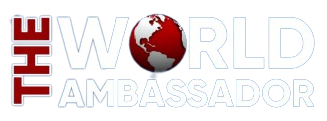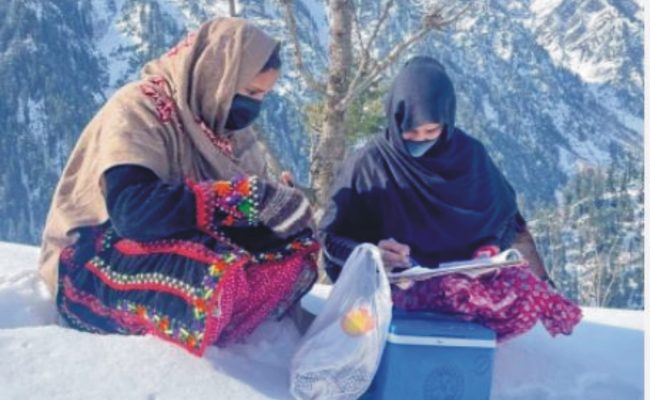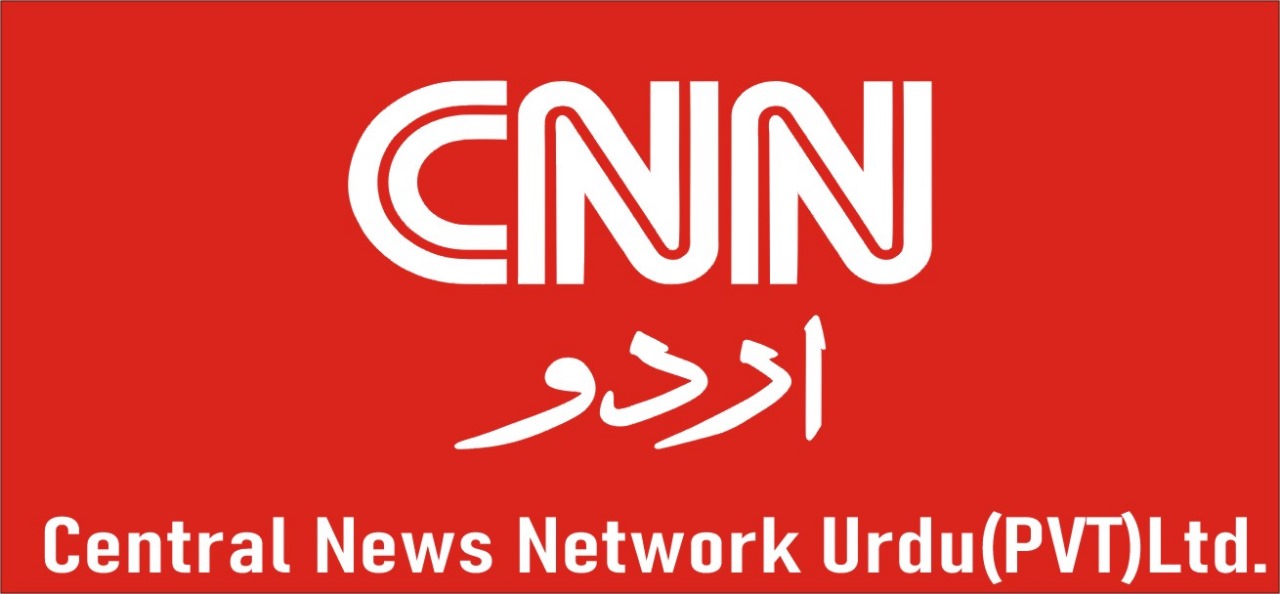By: Alisha Abid
The world Ambassador
_________
Pakistan continues to face severe gender inequality, ranking 145th out of 146 countries in the World Economic Forum’s (WEF) Global Gender Gap Report 2024 — only ahead of Sudan. In contrast, neighboring Bangladesh ranks 99th, while India stands at 129th, underscoring Pakistan’s widening disparity in gender parity within South Asia.
The report highlights that despite global progress toward gender equality since 2006, Pakistan remains one of the world’s most unequal countries for women. “Despite making up nearly half of the population, women in the South Asian country face significant economic and social disparities,” the WEF notes.
Only 36% of Pakistani women participate in economic activities, and just 23% are part of the formal workforce — leaving over 40 million women outside the labor market. Women also earn 18% less than men, with the report stating, “For every Rs1,000 a man earns, a woman receives only Rs818 for the same work.”
A World Bank analysis echoes similar findings, warning that gender gaps in employment and wages remain a major obstacle to growth. It calls for stronger, more consistent government and private sector initiatives to prevent women from being left further behind.
The agricultural sector reveals the starkest imbalance — while 68% of employed women work in agriculture, 76% of them are unpaid, compared to just 24% of men in similar roles.
Women also remain severely underrepresented in leadership and management roles. The WEF notes that only 0.14% of managerial positions in Pakistan are held by women, compared to 2.33% by men, reflecting deep-rooted workplace inequality.
In professional and technical fields, Pakistan fares far worse than regional peers like Sri Lanka, which boasts 96.8% gender parity in these roles. Pakistan’s figure stands at a low 35.8%, emphasizing limited access to higher-skilled jobs for women.
Educational disparities also contribute to the crisis. South Asia ranks second-lowest globally in education equality, with Pakistan’s literacy rate at just 67%, trailing behind Nepal (78%). Enrollment gaps persist across all education levels, further constraining women’s career opportunities.
The WEF calls for urgent reforms to bridge Pakistan’s gender gap, stressing that economic parity must become a national priority. “Governments must expand and strengthen frameworks that allow businesses and civil society to work together,” the report concludes, “making gender parity not just a social goal but an economic imperative that drives innovation and growth.


